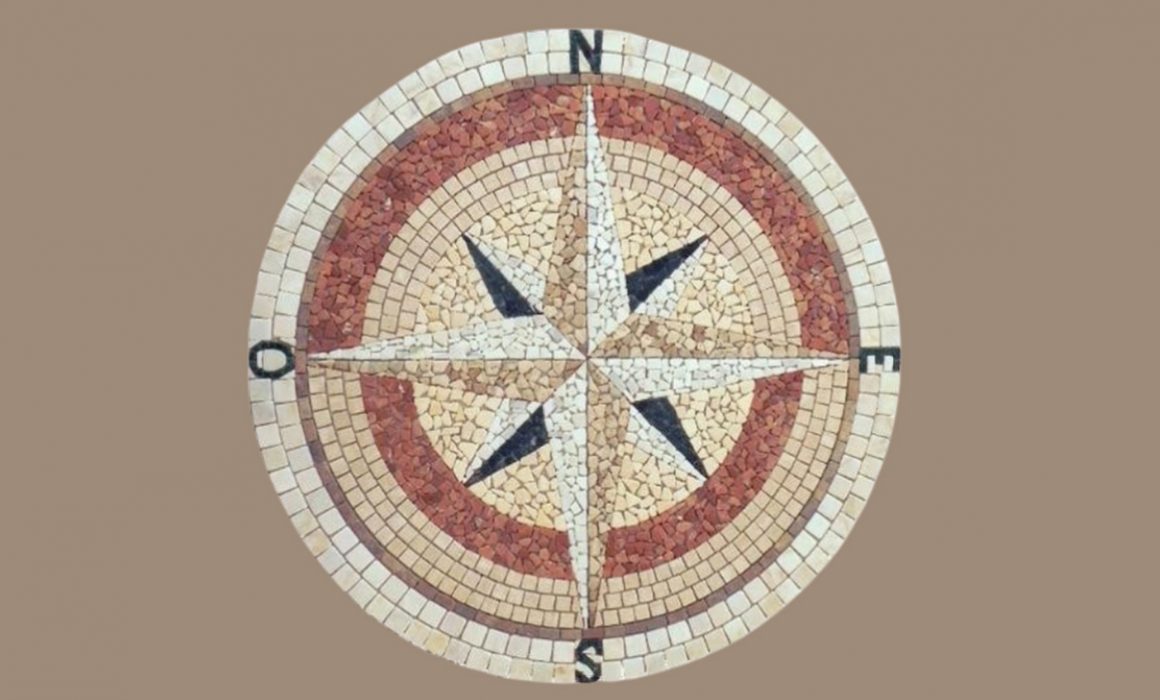The wind rose
A tool for the sustainability of the customer action cycle.
We are at the ICF Professional Coaching Days 2018!
On November 15 and 16, professional coaches will meet at the ICF Professional Coaching Conference at the Eurobuilding in Madrid and I am very happy because this year I am participating as a workshop leader together with the coach and Doctor in Humanities and Social Sciences, Eduardo Gutiérrez del Álamo Gil! We will talk about how to generate sustainable and systemic action plans, and in this post I want to give you a preview of the reflection that made us propose this topic for the workshop.
I remember when I was taking my first steps in coaching, that I was very puzzled when some coaching clients came back uncomfortable or with a certain feeling of apprehension at the next session, because "they had done nothing". In other words, the action plan we had agreed on the previous session had come to nothing: "I haven't had time, what a crazy week," said one client, but at the same time he felt sorry and a bit disappointed with himself. But he had left the previous session very excited! What happened? In my uneasiness I was looking for culprits, was it them or me? What had I not done right? Or maybe that client was not really committed to the change he said he was looking for? Or what big obstacle had we not yet identified?
Over time I have come to better understand the enormous challenge of realizing the changes we seek, and to appreciate the great distance between talking with my coach about what I want and identifying a way to start down that path, and then translating that idea into reality. In addition, I too, as a client, have often found myself oscillating between conviction and doubt, drive and discouragement, and have been stuck in paralysis and inaction, before feeling able to really move forward again... I now see this process as part of the client's journey of transformation and it no longer baffles me. It is more what to expect, but therefore not to throw in the towel.
Above all, dialogical thinking, which is at the basis of the anthropological foundation of the Dialogical Coaching Model of IDDI of the Francisco de Vitoria University, has shed a lot of light on why change is both so natural and so challenging for human beings. It reminds us that people are always growing and overcoming who we are at any given moment, becoming, time after time, a better version of ourselves. That unique freedom to build our lives also gives us the responsibility to choose well, and to take the right actions that will bring us closer to our fulfillment. And it is that weight of decision, knowing that we can make mistakes and miss the mark, that makes us vulnerable, and that comes into play when we have to turn an idea from a coaching session into a reality.
It is also worth remembering that there are four of the eleven ICF coaching competencies dedicated to helping the client translate his or her action plan into reality. Competencies 9, 10 and 11 (Designing Actions, Setting Goals and Planning, Managing Progress and Accountability) as well as 2 (Creating the Coaching Agreement) offer guidelines that aim to increase the likelihood of success of the commitments made in the session by the client, and thus help them move beyond the reflection phase and towards their desired situation.
In the workshop at the Jornadas Profesionales de Coaching we will present "La Rosa de los Vientos", a tool that will promote the sustainability of the action cycle that the client initiates with coaching and that we hope will be a useful resource to support clients when they are stuck with taking action. It is a tool of the Dialogic Coaching Model and was designed by IDDI of the Francisco de Vitoria University.
If you are interested in receiving feedback on your coaching, preparing for certification and doing more transformational work with your clients, including action-taking skills, sign up for a Mentor Coaching Group Workshop.
UPCOMING WORKSHOPS FOR COACHES
New groups are open for the Mentor Coaching Group Online Workshop are now open, to develop your coaching and prepare for the ICF exam.
I have also launched a Supervision Group to work on real cases of the participants' practice.



